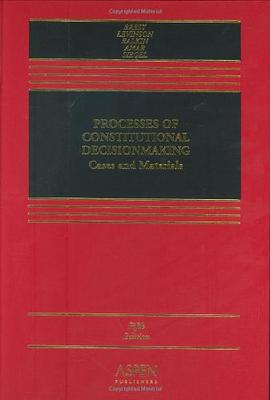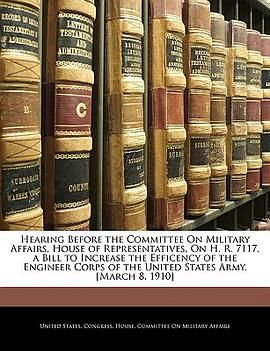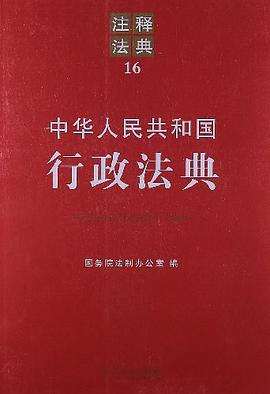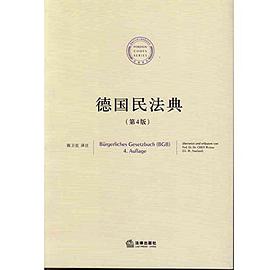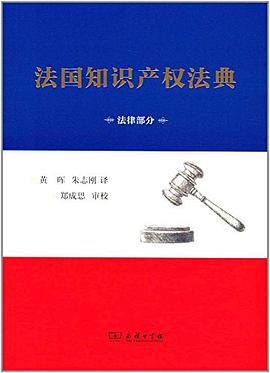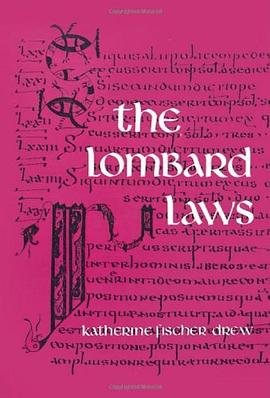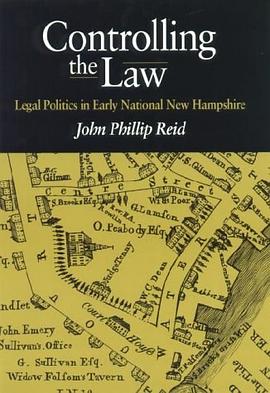

具体描述
In today's courtroom, the jurors evaluate the evidence and pronounce the verdict while the judge has final authority in interpreting the law--but it was not always so. In colonial America, the jurors enjoyed a much greater say. Legal historian John Phillip Reid recounts how the judges gained their modern authority in the early nineteenth century by instituting courtroom practices modeled on the English "common law" judicial system.
Reid brings this transformation, which in the days of the Early Republic spread throughout the states and even to the federal courts, down to human scale by focusing on the legal and judicial career of one man: Jeremiah Smith. First as a U.S. District Attorney, later as the Chief Justice of the New Hampshire Supreme Court, Smith promoted a series of reforms between 1797 and 1816. Intent upon placing the law in the hands of professional lawyers, he standardized legal procedures. While Smith made the judge lord of the courtroom at the expense of the jurors, he simultaneously mandated the publication of judicial reports that, by setting a series of precedents, served both to enhance the authority of one reading of the law and to impose limits on subsequent interpretations. As judicial decisions became more uniform, Smith believed, the law itself would become more certain.
Not everyone supported these reforms, however. Jeffersonians claimed that such measures threatened to take power from the layman and feared that judges would replace democratically elected legislators as the real lawmakers. Smith himself proved eager to flex judicial muscle and soon found himself wrestling the state's governor, William Plumer. Smith's questionable rulings prolonged a trial involving Plumer's brother; and in 1805, when Plumer failed to honor a summons, Smith ordered his arrest. Plumer eventually exacted his revenge and removed Smith from the chief justice's bench. This conflict between two former friends adds a human dimension to legal history.
Thanks largely to the reforms introduced by Jeremiah Smith in New Hampshire, by 1830, legal theory, legal practice, and the law itself were much more uniform throughout the United States than they had been just twenty-five years before. If the reformers had not, as Reid argues, intended to favor any particular class, they did prepare the way for the development of a reliable legal system able to serve merchants and capitalists in the Industrial Age.
作者简介
目录信息
读后感
评分
评分
评分
评分
用户评价
这本书最令人称道之处,在于它成功地将宏大的理论叙事与微观的个案分析进行了无缝对接。作者没有沉溺于抽象的概念堆砌,而是巧妙地运用一系列令人不寒而栗的真实案例,将法律规则的僵硬与人性的复杂性之间的永恒张力展现得淋漓尽致。比如,对于某项看似公正的程序性规则,在具体执行中如何异化为压迫个体的利器,书中描述得细致入微,让人读来不禁感到一种强烈的道德不适。这种“理论指导实践”的写作方式,避免了空泛说教,使得全书充满了生动的张力。我特别喜欢作者在论述“不可知性”时所采取的立场,他指出,法律在追求确定性的同时,必然牺牲了对流动的现实的捕捉能力。这种辩证的视角,让人既理解法律的必要性,又对其局限性保持警惕。阅读过程就像在走一个复杂的迷宫,每一步都充满了发现的惊喜,同时也伴随着对现实结构的深刻反思。
评分翻开这本厚重的著作,我的第一感觉是被它那种近乎冷酷的客观性所震撼。作者似乎完全摒弃了任何温情脉脉的修饰,直接将法律体系的“机器”拆解在你面前,让你看清每一个齿轮是如何咬合,每一个阀门是如何控制流向的。这种叙事风格极其有力,尤其是在论述立法过程中的“非理性”因素时,我深有体会。它揭示了法律并非一套纯粹的逻辑推演,而是在无数次妥协、利益交换和偶然性事件中偶然诞生的产物。这种“反浪漫化”的处理方式,让那些原本神圣不可侵犯的法律概念,变得具体、可触,甚至是可疑的。书中对于某些关键术语的历史演变分析尤其精彩,展示了语言如何一步步被工具化,以服务于特定的社会目标。对于那些习惯于接受既定规则的读者来说,这本书无疑是一剂强效的清醒剂,它让人开始质疑:我们所依赖的“稳定结构”,是否只是一系列尚未被彻底暴露的权力共识的集合?阅读体验是复杂而令人上瘾的,就像在黑暗中摸索着试图拼凑一幅宏大而晦涩的地图。
评分这绝对是一部需要反复阅读才能消化其精髓的作品。它的语言风格是内敛而克制的,但其蕴含的颠覆性力量却是巨大的。作者的叙述仿佛置身于一个冰冷的观察室,冷静地记录着法律体系如何像一个庞大的生物体一样,根据环境的变化进行自我调整和适应。我尤其欣赏其中关于“知识的权力”的论述,即谁有权定义何为“合法”,谁就掌握了塑造社会现实的钥匙。书中对法律话语权的分析极其到位,揭示了在看似中立的法律辩论背后,隐藏的却是关于资源分配和身份认同的残酷争夺。对于我个人而言,这本书最深刻的影响是改变了我对“秩序”的看法。我不再将其视为一个自然状态,而是一个需要持续斗争和警惕去维护的人为建构。它没有提供任何简单的解决方案,而是要求读者直面问题的复杂性。读完后,你可能会对未来感到一丝不安,但这种不安恰恰是保持批判性思维的必要前提。
评分坦白说,这本书的学术密度非常高,初读时需要极大的耐心和专注力,因为它涉及到的理论跨度极大,从法社会学到政治经济学,再到后现代解构主义的影子无处不在。然而,一旦你适应了作者的节奏和其严谨的论证风格,你会发现其内部逻辑的严密性简直令人叹服。它不像许多同类书籍那样满足于停留在现象的表面进行批判,而是深入挖掘了法律条文背后的“元结构”。作者对于“例外状态”的探讨,更是达到了令人拍案叫绝的地步。他如何论证,那些被设计出来用以“处理非常情况”的机制,实际上才是最能暴露权力本质的常态入口?这一点,书中通过对多个世纪以来司法判例的对比分析,提供了令人信服的证据链。对于专业的法律人士或者社会科学研究者而言,这本书提供了大量可以深入挖掘和辩论的理论空间,它不是提供答案,而是提出更尖锐、更深刻的问题。读完后,我感觉我的分析工具箱里多了一套全新的、更精密的量具。
评分这本书简直是一场思想的狂欢,它以一种极其细腻且富有穿透力的方式,解构了现代社会中权力的运作逻辑。作者的笔触如同手术刀般精准,毫不留情地剖析了那些潜藏在法律条文背后的复杂博弈与微妙平衡。我尤其欣赏作者在探讨“边界”与“模糊地带”时所展现出的那种哲学思辨的深度,它迫使读者跳出日常的惯性思维,去审视我们习以为常的规则体系是如何被构建、被操纵,又是如何随着时间推移而悄然变形的。书中引用了大量的历史案例和当代现象作为佐证,每一点都论证得环环相扣,没有丝毫的牵强附会。读完后,你不会仅仅满足于对某个具体法律事件的理解,而是会提升到一个更高的维度,去思考法律作为一种工具,其本质属性究竟是维护秩序还是固化不公。那种酣畅淋漓的智力挑战感,让我在阅读过程中多次停下来,反复咀嚼那些精妙的论断。它不是一本轻松愉快的读物,更像是一次对心智的严酷训练,但最终的回报是巨大的——一种对世界运作机制更加清醒和警觉的认识。
评分 评分 评分 评分 评分相关图书
本站所有内容均为互联网搜索引擎提供的公开搜索信息,本站不存储任何数据与内容,任何内容与数据均与本站无关,如有需要请联系相关搜索引擎包括但不限于百度,google,bing,sogou 等
© 2026 book.wenda123.org All Rights Reserved. 图书目录大全 版权所有

